Last week, Samung showed off its new flagship series, the Samsung Galaxy S23. Specifically, we saw three new models - Galaxy S23, Galaxy S23+ and Galaxy S23 Ultra - which directly compete with Apple's iPhone 14 (Pro) series. However, since the two basic models did not bring many changes, the Ultra model, which advanced a few steps forward, attracted attention in particular. But let's leave the differences and news aside and focus on something a little different. It is about the performance of the device.
It could be interest you
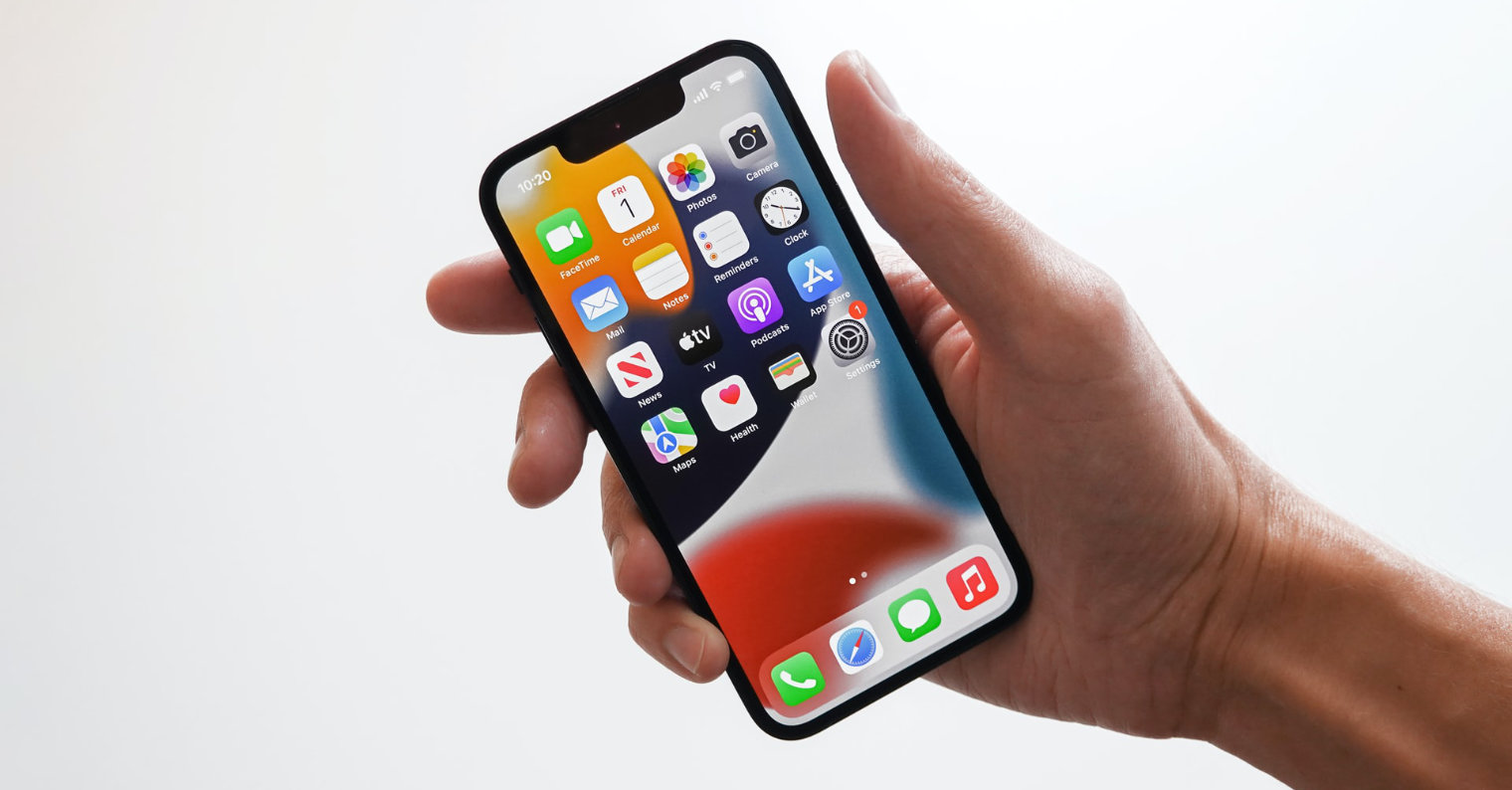
Inside the Samsung Galaxy S23 Ultra is the latest mobile chipset from the California company Qualcomm, the Snapdragon 8 Gen 2 model. It specifically offers an 8-core processor in combination with the Adreno 740 graphics processor. It is also important to mention that it is based on a 4nm production process. On the contrary, the Apple A14 Bionic chipset beats in the guts of Apple's current flagship, the iPhone 16 Pro Max. It has a 6-core CPU (with 2 powerful and 4 economical cores), a 5-core GPU and a 16-core Neural Engine. Likewise, it is manufactured with a 4nm manufacturing process.
Galaxy S23 Ultra catches up with Apple
Looking at the available benchmark tests, we find that the Galaxy S23 Ultra is starting to catch up with Apple's flagship. This was not always the case, on the contrary. Apple has practically always had the upper hand in terms of performance, mainly due to significantly better optimization of hardware and software. On the other hand, it is necessary to mention one rather fundamental fact. Cross-platform benchmark tests are not exactly the most accurate and do not clearly show who is actually the winner. Even so, it offers us an interesting insight into the matter.
So let's quickly focus on the comparison of the Galaxy S23 Ultra and the iPhone 14 Pro Max in the most popular benchmark tests. In Geekbench 5, the Apple representative wins, scoring 1890 points in the single-core test and 5423 points in the multi-core test, while the latest Samsung received 1537 points and 4927 points, respectively. However, it is different in the case of AnTuTu. Here, Apple got 955 points, Samsung got 884 points. However, as we mentioned above, the test results must be taken with a grain of salt. But one thing is certain – Samsung is interestingly catching up (in AnTuTu it even overtakes, which also applied to the previous generation) its competition.
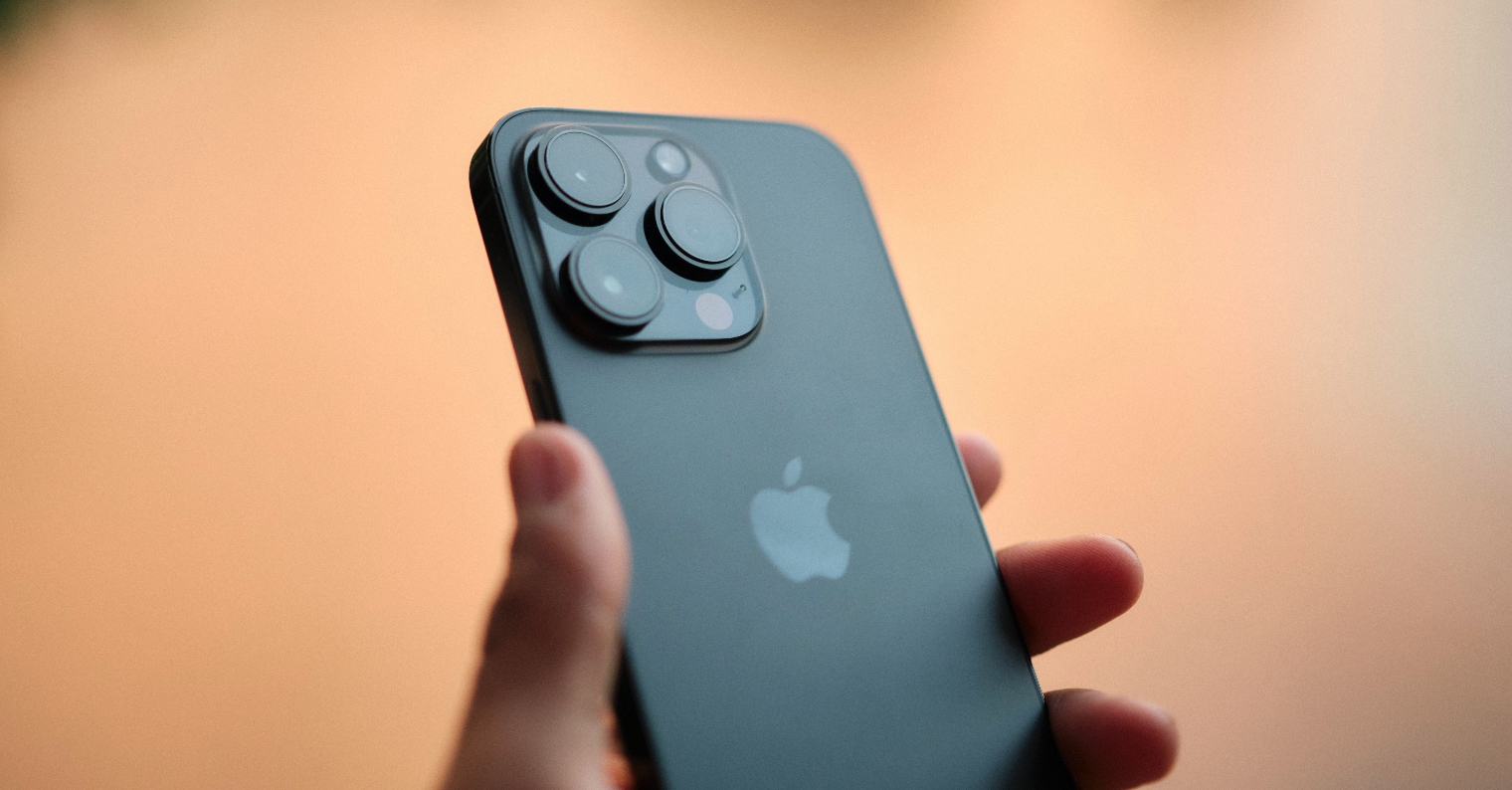
Apple expects a significant move forward
On the other hand, the question is how long this situation will last. According to information from various sources, Apple is preparing for a fairly fundamental change, which should move it several steps forward and literally give it a very fundamental advantage. The Cupertino giant should relatively soon bet on the transition to the 3nm production process, which theoretically ensures not only higher performance, but also lower energy consumption. Major partner TSMC, Taiwan's leader in chip development and manufacturing, has reportedly already begun manufacturing them. If all goes according to plan, the iPhone 15 Pro will offer a brand new chip with a 3nm manufacturing process. On the contrary, the competition is said to be reeling in problems, which more or less plays into Apple's hands. The Cupertino giant could be the only phone manufacturer to offer a device with a 3nm chipset this year. However, we will have to wait for that until September 2023, when the traditional unveiling of new smartphones takes place.
It could be interest you


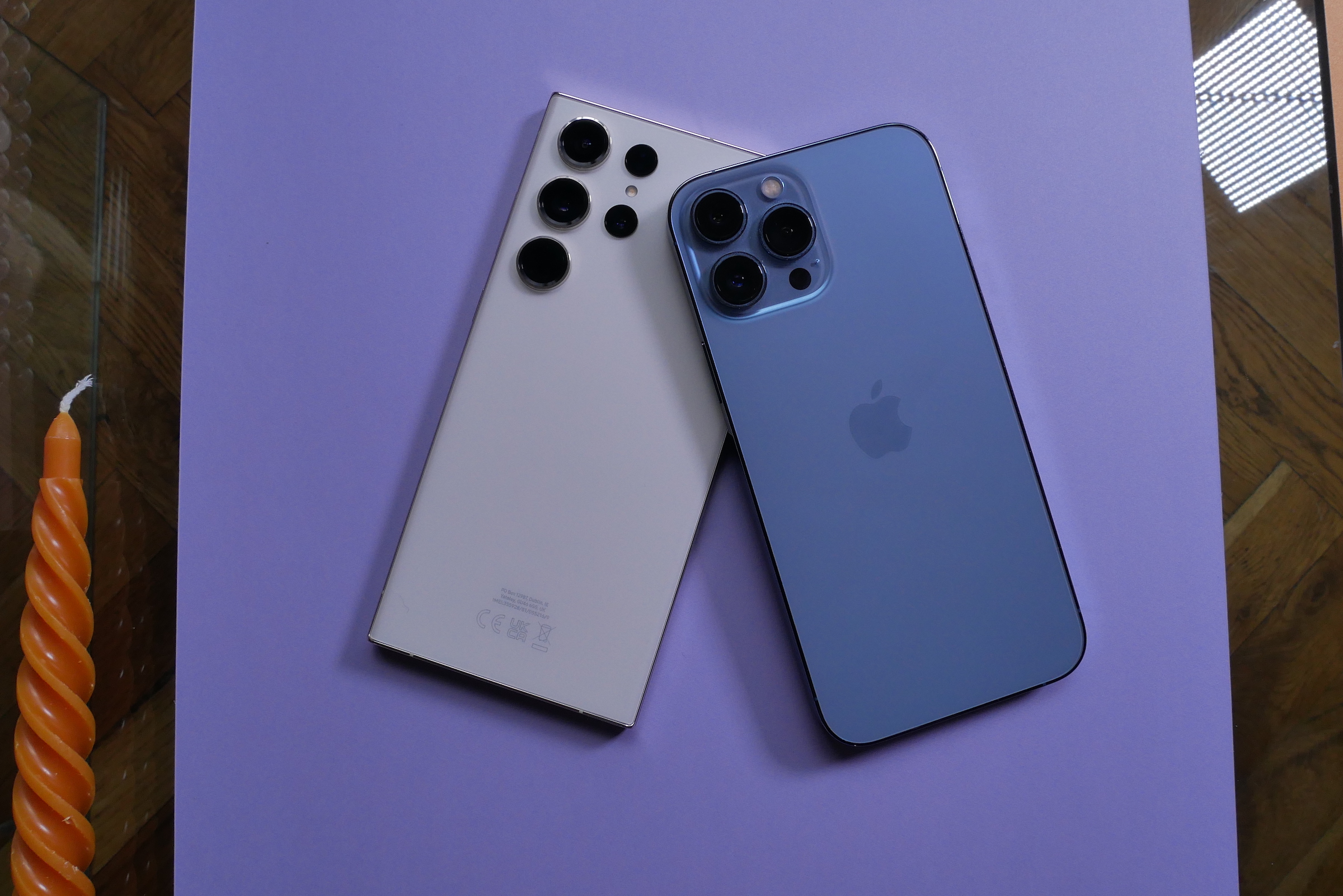
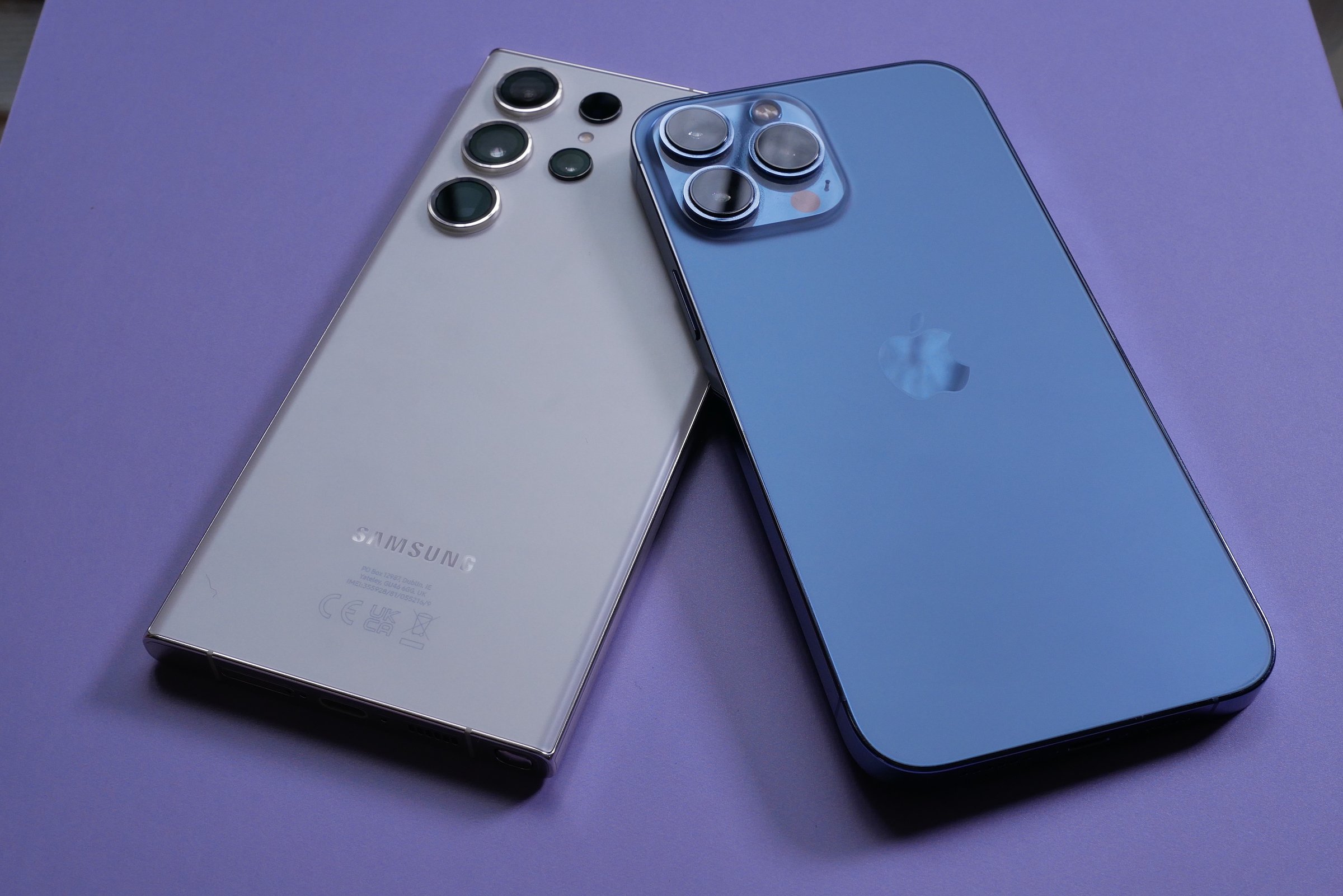

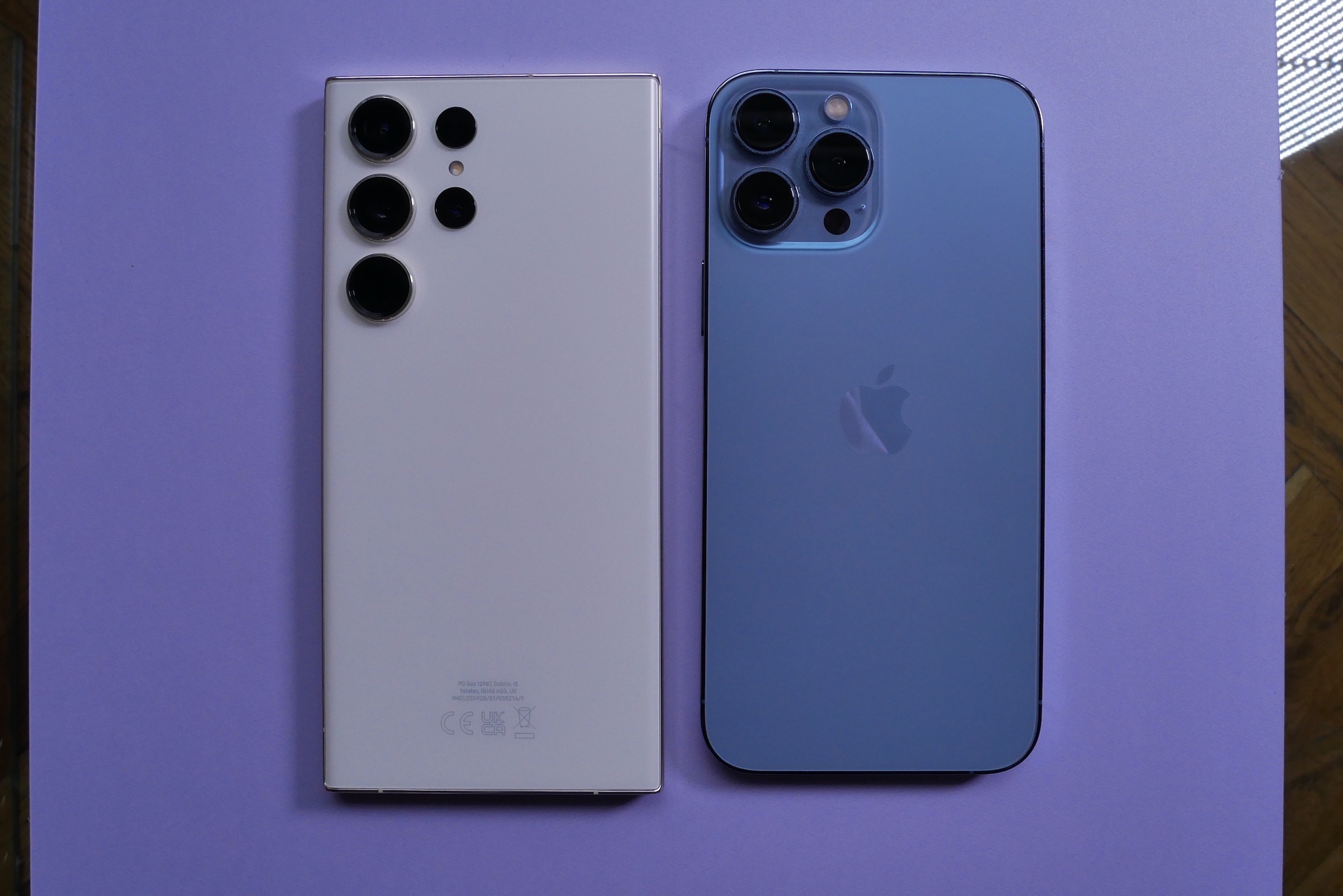
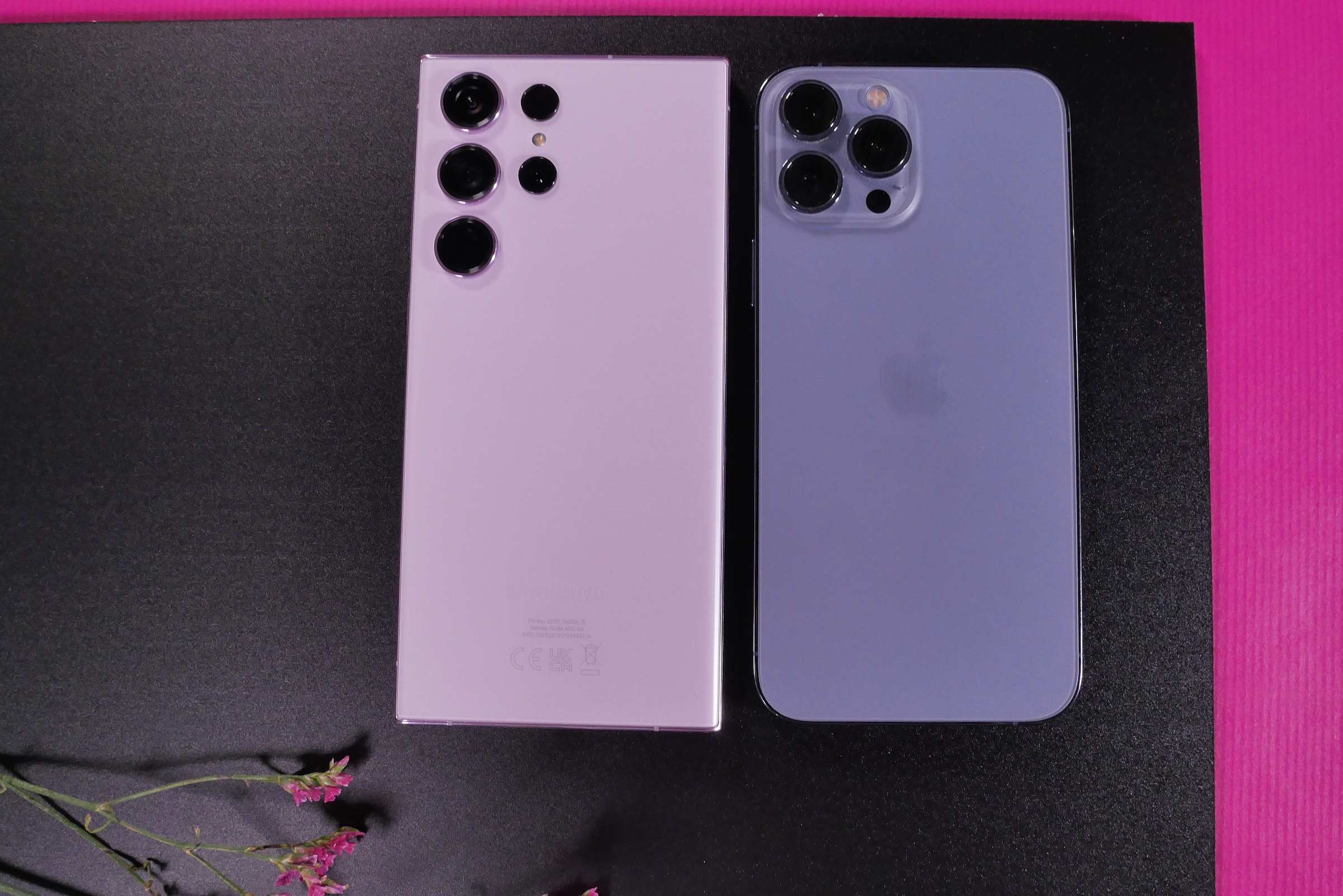
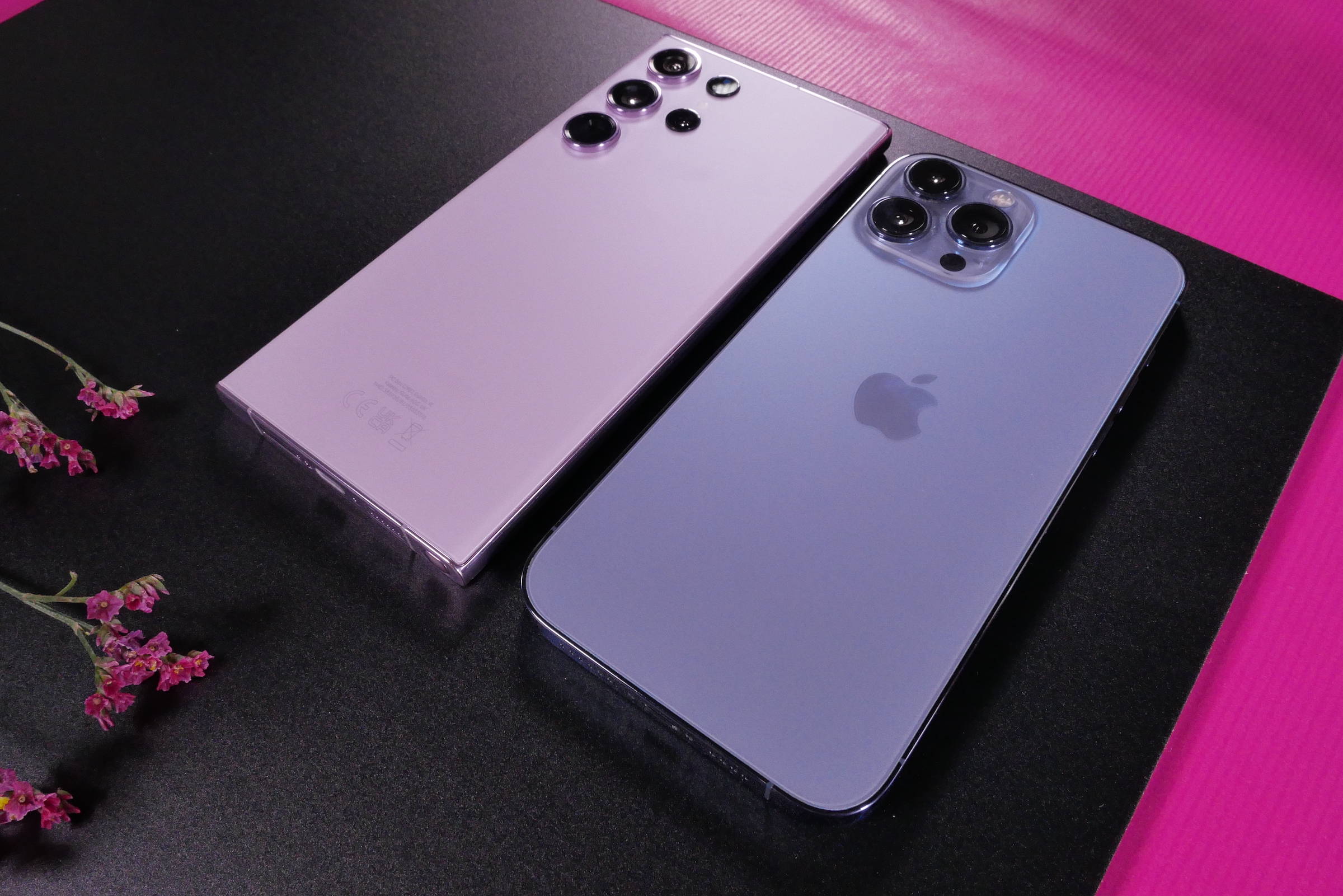
 Adam Kos
Adam Kos